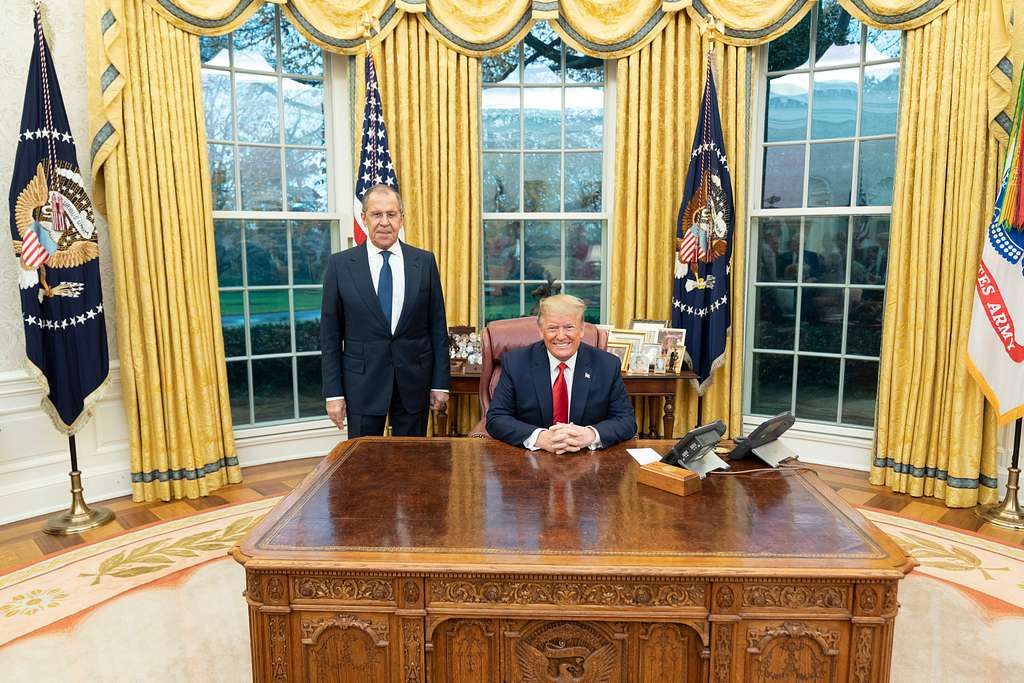North Korea’s Parliamentary Session Raises Questions Amid Silence on Unification Policy Shift

North Korea’s recent session of its Supreme People’s Assembly has attracted attention as the world speculates about potential shifts in the country’s stance toward South Korea. With tensions on the Korean Peninsula escalating throughout 2024, largely due to a series of North Korean missile tests and a more aggressive posture from Pyongyang, the assembly’s decisions are seen as critical to the future of inter-Korean relations.
Historically, North Korea’s policy has emphasized reunification with the South, reflecting the long-standing aim of uniting the two Koreas. However, earlier this year, North Korean leader Kim Jong Un hinted at a potential departure from this policy. In a January speech, Kim suggested that the constitution might be revised to remove references to “unification,” signaling a possible official abandonment of this goal. Many expected that this week’s assembly meeting would cement these changes and clarify Pyongyang’s new position on South Korea.
Despite these expectations, North Korean state media, KCNA, did not report any significant constitutional amendments related to the issue of unification. The absence of any clear decision regarding the removal of reunification references or the redefinition of South Korea as a “primary foe” has left many observers questioning North Korea’s next steps. This lack of clarity raises the possibility that Pyongyang is still calculating its options and has not yet finalized its position.
The ongoing silence on constitutional changes could reflect North Korea’s strategic caution. By leaving its policy on unification ambiguous, Pyongyang may be seeking to maintain flexibility in its negotiations with regional and global powers. Alternatively, it may be leveraging this uncertainty as a way to keep its adversaries, especially South Korea and the United States, guessing about its intentions.
The potential removal of unification language from the constitution would mark a significant shift in North Korean policy, effectively closing the door on one of the most enduring aspects of its domestic and international rhetoric. Such a move could formalize the existing hostilities between North and South Korea, reinforcing the militarization of the peninsula and deepening the divide between the two nations. This would likely lead to heightened security concerns, both for South Korea and its allies, and could trigger further diplomatic isolation for Pyongyang.
While no official changes were announced, the continued speculation about North Korea’s evolving stance on South Korea signals a critical moment in the region’s geopolitics. The ambiguity surrounding Pyongyang’s intentions adds to the tension, with both South Korea and international observers closely monitoring future developments.
For now, the silence leaves the future of inter-Korean relations uncertain, as North Korea’s policy remains in a state of flux. The outcomes of this assembly session, or the lack thereof, will have far-reaching consequences, influencing not just the two Koreas but also the broader dynamics of peace and security in the Asia-Pacific region. As North Korea continues to keep the world on edge, the question remains: will it formally abandon its unification goal, or is it merely biding its time before revealing its true strategy?







